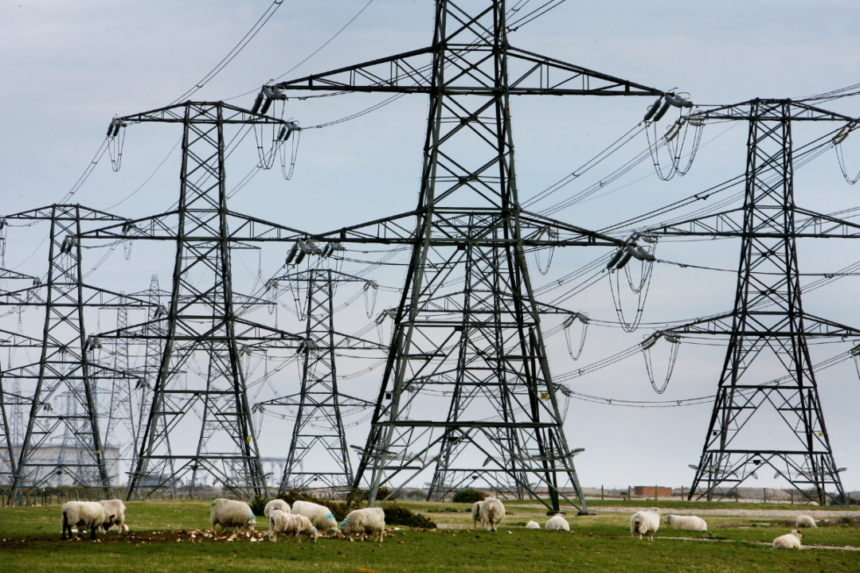Commentary
As someone who was once a strong advocate for digital technology, I have started to question the rapid shift from analog to the cloud. The frequent hackings, outages, data breaches, and system failures have raised serious concerns for me. It became apparent that the risks associated with our current digital infrastructure are far greater than we realized.
Many of our modern technologies have not been thoroughly tested for resilience. They rely on centralized systems with single points of failure, making them vulnerable to disruptions. A visit to a small laundry shop in Manhattan, where the owner still used a sewing machine from 1948, opened my eyes to the durability of older equipment. This led me to observe similar instances in other businesses, where machines decades old were still functioning effectively.
These businesses are prepared for emergencies with backup generators and fuel supplies. This is why some individuals prefer to hold onto their older, gas-powered vehicles and equipment that can be easily repaired. The longevity and reliability of these analog tools outweigh the appeal of newer, less durable alternatives.
In contrast, many of our modern devices are designed for short-term use, with planned obsolescence built in. Repairing these items is often impractical, and they are expected to fail within a few years. Our reliance on digital applications for everyday tasks has made us more susceptible to widespread disruptions.
The potential fragility of our digital infrastructure raises an important question: What if it all comes crashing down? Imagine a scenario where essential services are unavailable for weeks or even months, as seen in areas affected by natural disasters like Hurricane Helene. In such dire situations, analog technologies like gasoline-powered generators, physical maps, and manual tools become essential for survival.
The COVID-19 pandemic highlighted the limitations of touchless technologies, emphasizing the importance of tangible, physical interactions. The push for touchless solutions reflected a misguided desire to distance ourselves from the physical world, ignoring the practicality and necessity of hands-on engagement.
In times of crisis, reliance on analog skills and resources proves more effective than digital innovations. The government’s preparedness for large-scale emergencies involving grid outages remains questionable, as demonstrated by past events like Hurricane Helene. It is crucial to recognize the value of traditional tools and practices in ensuring resilience in the face of unforeseen challenges.
In conclusion, prioritizing durability, redundancy, and analog capabilities can help mitigate the risks associated with our increasingly digitized society. Embracing the value of older technologies and skills may prove essential in navigating future uncertainties.
He reflects on his experience during Hurricane Helene, realizing the profound impact of being without electricity for an extended period. This experience made him rethink the dependency of society on electric power.
During the power outage, he found himself yearning for the usual distractions of TV and the internet, only to be reminded of the simplicity of quiet evenings without electronic devices. This led him to consider adopting a more unplugged lifestyle even after the power was restored.
The potential for crises like inflation causing electricity costs to soar was also highlighted. The reliance on electric-powered amenities in modern homes and offices, without consideration of contingencies, was brought into focus. The possibility of government-mandated power rationing and the control exerted by third parties over electric-dependent technologies were also discussed.
Individuals who have faced the challenges of natural disasters without modern comforts have learned the importance of preparedness. Suggestions such as keeping cash, silver coins, and blankets on hand were made, along with emphasizing the value of strong social networks in times of crisis.
Ultimately, the author’s reflections on the vulnerability of society’s reliance on electricity serve as a reminder of the enduring strength of human connections in the face of adversity.
Source link






